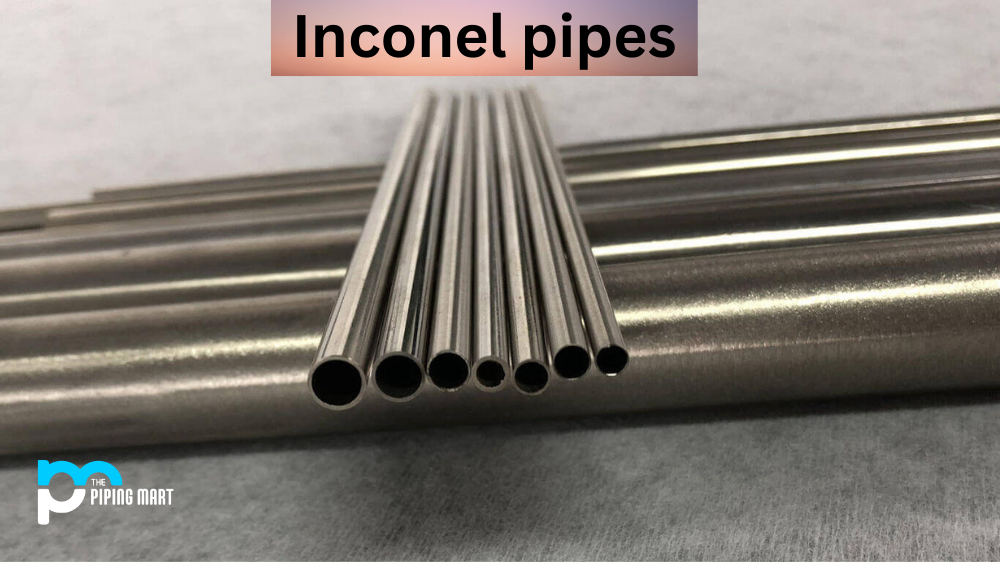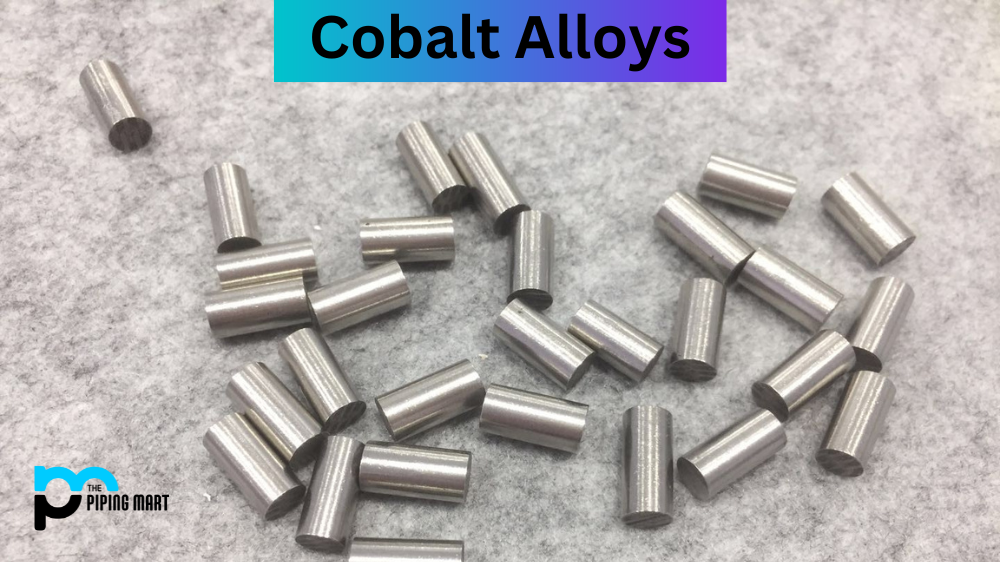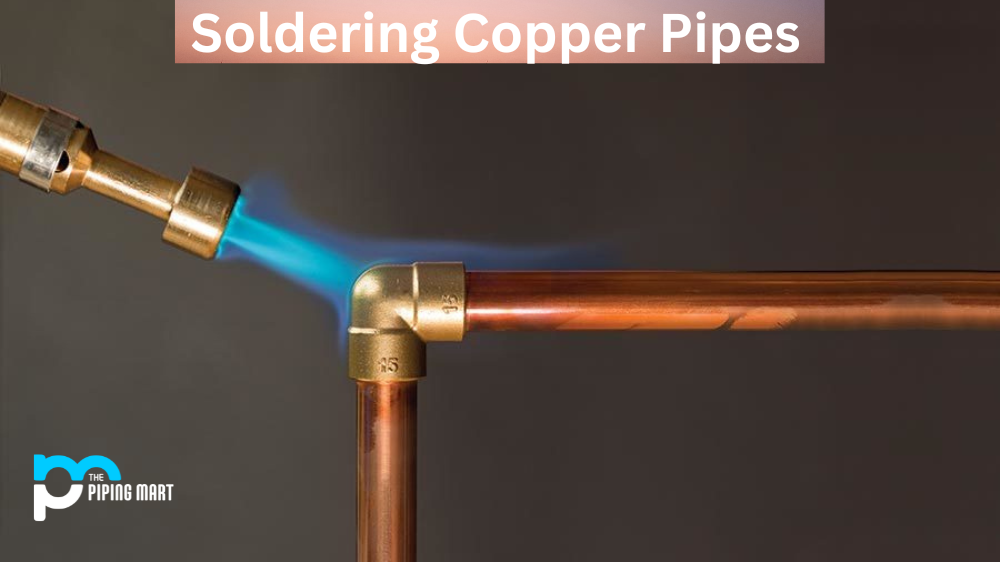Inconel pipes are commonly used in industries such as chemical processing, shipbuilding, and aerospace. But what exactly are the advantages and disadvantages of using this particular type of metal pipe? Let’s take a closer look at these pipes to find out.
5 Advantages of Inconel Pipes
Inconel pipes have some distinct advantages that make them an attractive option for many industries. First and foremost, they are extremely durable and resistant to corrosion. This makes them ideal for applications in environments where other materials may not be able to withstand the conditions. Additionally, Inconel pipes can handle temperatures up to 2200°F without any problems. This is especially useful in high-temperature applications such as boilers or turbines.
Inconel pipes also offer superior strength compared to other metals, such as steel. They are able to maintain their structural integrity even when exposed to extreme temperature fluctuations or pressure changes. Additionally, these pipes are relatively lightweight, which makes them easy to install and transport from one location to another. Finally, Inconel pipes can be formed into almost any shape, which is beneficial for custom designs or applications with tight space constraints.
Inconel pipes offer a number of advantages over other types of pipes, including
- They are resistant to corrosion and can withstand high temperatures, making them ideal for use in corrosive or high-temperature environments.
- They are strong and durable and can thus withstand high pressures.
- They are non-magnetic, which makes them ideal for use in applications where magnetic properties are undesirable.
- They have a low coefficient of thermal expansion, meaning that they will not expand or contract significantly when exposed to changes in temperature.
- They are available in a wide range of sizes and shapes, making them suitable for use in a variety of applications.
5 Disadvantages of Inconel Pipes
Unfortunately, there are some drawbacks associated with Inconel pipes as well. The most significant disadvantage is the cost; these pipes can be quite expensive due to their durability and resistance properties compared to other metals like steel or aluminum. Additionally, they require more attention during installation due to their delicate nature; any improper handling could lead to damage that renders the pipe unusable in its intended application. Finally, Inconel is not easily welded, so it can be difficult or impossible to repair if it becomes damaged or corroded over time.
- Inconel pipes are more expensive than other types of pipes.
- Inconel pipes are more difficult to weld than other types of pipes.
- Inconel pipes are more difficult to cut than other types of pipes.
- Inconel pipes are more difficult to bend than other types of pipes.
- Inconel pipes are more difficult to install than other types of pipes.
Conclusion
Overall, Inconel pipes have several advantages that make them an attractive option for certain industries, such as chemical processing and aerospace manufacturing. Their durability and resistance properties make them perfect for use in high-temperature applications, while their flexibility allows for custom designs or tight space constraints. However, they do come at a premium price point compared to other metals like steel; due care must be taken when installing them due to their fragility and difficulty with welding repairs if needed down the line. All things considered, though, Inconel remains an excellent choice for many industrial applications due to its unique benefits that no other metal can offer!
Meet Heer, a dynamic and driven writer learning tricks of her trade in the metal industry. With a background in Digital Marketing, Heer brings a unique perspective to her writing, sharing valuable insights. Apart from blogging she like reading and hiking.




